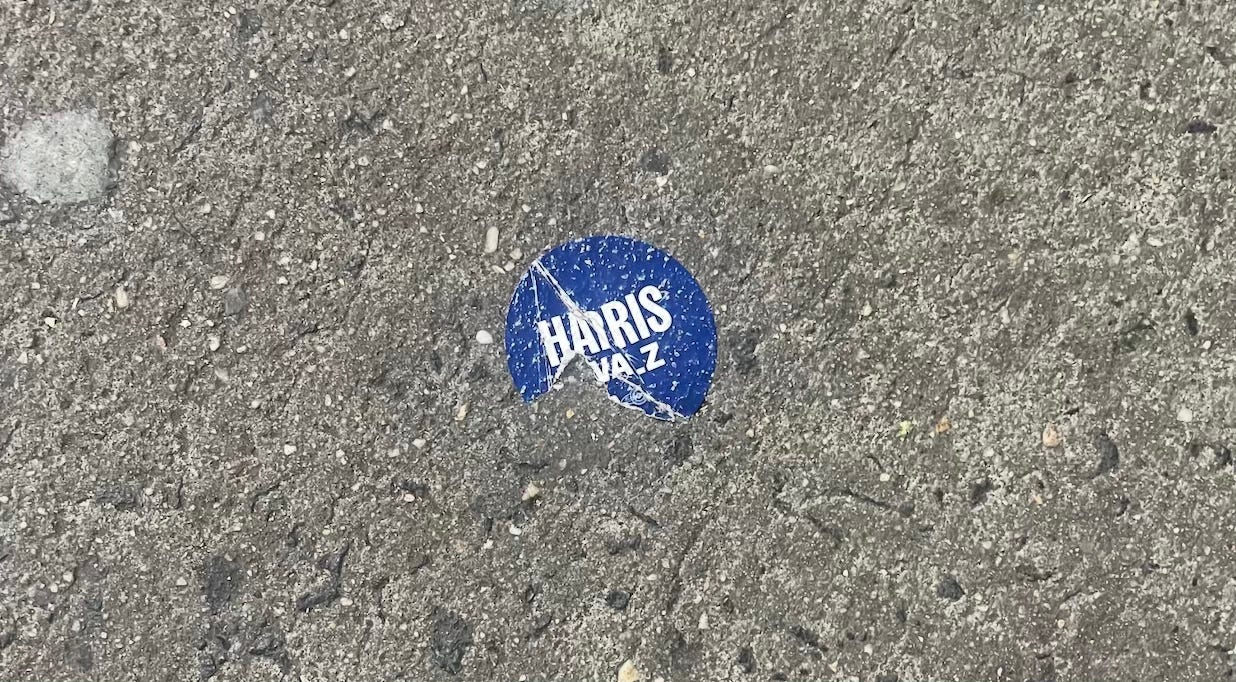What *really* happened in the 2024 election?
When we said we'd have to wait to draw conclusions, this is what we were waiting for.
Sorry for the radio silence, y’all. (“Dear Mother and Father: It has been two months since my last letter…”) I promised that if you subscribed to this Substack, you’d either get regular blog posts1 or updates on what I’ve been up to in my post-FiveThirtyEight life, and you’ve gotten neither. But in my defense, I haven’t been up to much of anything, at least professionally. Instead, I’ve been giving myself permission to take a bit of a break from work—and the news. No one tells you when you’re 22 years old that you’ll essentially be working continuously for the next 50 years. They should.
I’m still mulling over my next steps (if you have any opportunities for me, get in touch), but late on Monday night, something crossed my radar that I couldn’t pass up the urge to share: Catalist’s “What Happened in 2024” report. This report—which is widely respected despite coming from a Democratic data firm—is hotly anticipated every two years by election nerds like me, because it provides us with one of the most definitive answers to the question of, well, what happened in the previous year’s election.2
Too often, the narrative of an election gets set in the days immediately following Election Day, based on exit polls and (incomplete!) election results. This… is not great! The exit polls3 are high-quality, but they are still just polls; thanks to the proliferation of vote-by-mail, they’re not just people standing outside polling places with clipboards anymore. And election results can tell you how whole cities, counties, and states voted, but it’s a risky business to extrapolate from that how individual demographics voted.
For that, you have to wait for voter-file-based post-election analyses like Catalist’s. (The other good one in this vein is Pew Research Center’s validated voters report, which I expect will come out in the next month or two.4) I consider these to be the closest we will ever come to a definitive answer to questions like “who did college-educated women under 45 vote for.” Unfortunately, they also require a lot of work—they are more definitive because they draw on analyses of voter rolls in nearly every state5—so they don’t come out until months later.
In this case, Catalist’s report confirmed a lot of the trends we saw in the exit polls. To wit: Donald Trump made especially large gains from 2020 to 2024 with men, young voters, and Latinos.
But some of Catalist’s exact numbers differ meaningfully from the exit polls, showing why it was wise to wait for this data. For instance, the exit polls found that Kamala Harris did better than Joe Biden did among college-educated whites, but Catalist found the opposite. And while the exit polls found that women warmed to Trump almost as much as, or even more than, men did between 2020 and 2024, Catalist found that Democrats held onto most of their support among women.
There’s a lot more good stuff in Catalist’s report, including how the battleground states differed from the nation as a whole. Check it out.
Because, yes, Substack is a blogging platform. I will die on this hill.
There are two big exit polls these days: The traditional one is fielded by Edison Research for ABC News, CBS News, NBC News, and CNN. The NORC Center for Public Affairs Research also conducts AP VoteCast for the Associated Press and FOX News.
The 2022 report came out on July 12, 2023; the 2020 report came out on June 30, 2021.
Who you voted for is a secret, but whether you voted is public information. A person’s voter record also has certain demographic information associated with it, like age, and companies like Catalist can use data from other sources, like the Census, to estimate other demographics, like race. They then use precinct-level election results and, yes, polling to model support for each candidate.






Good to hear from you, Nathaniel, and you definitely deserve the time off! Looking forward to your future posts on here.
suppressing votes in GA, 38,000 thrown out and taken off registration if you hadn’t voted in 2 years all swing states manipulated the votes. people didn’t know they didn’t count anymore